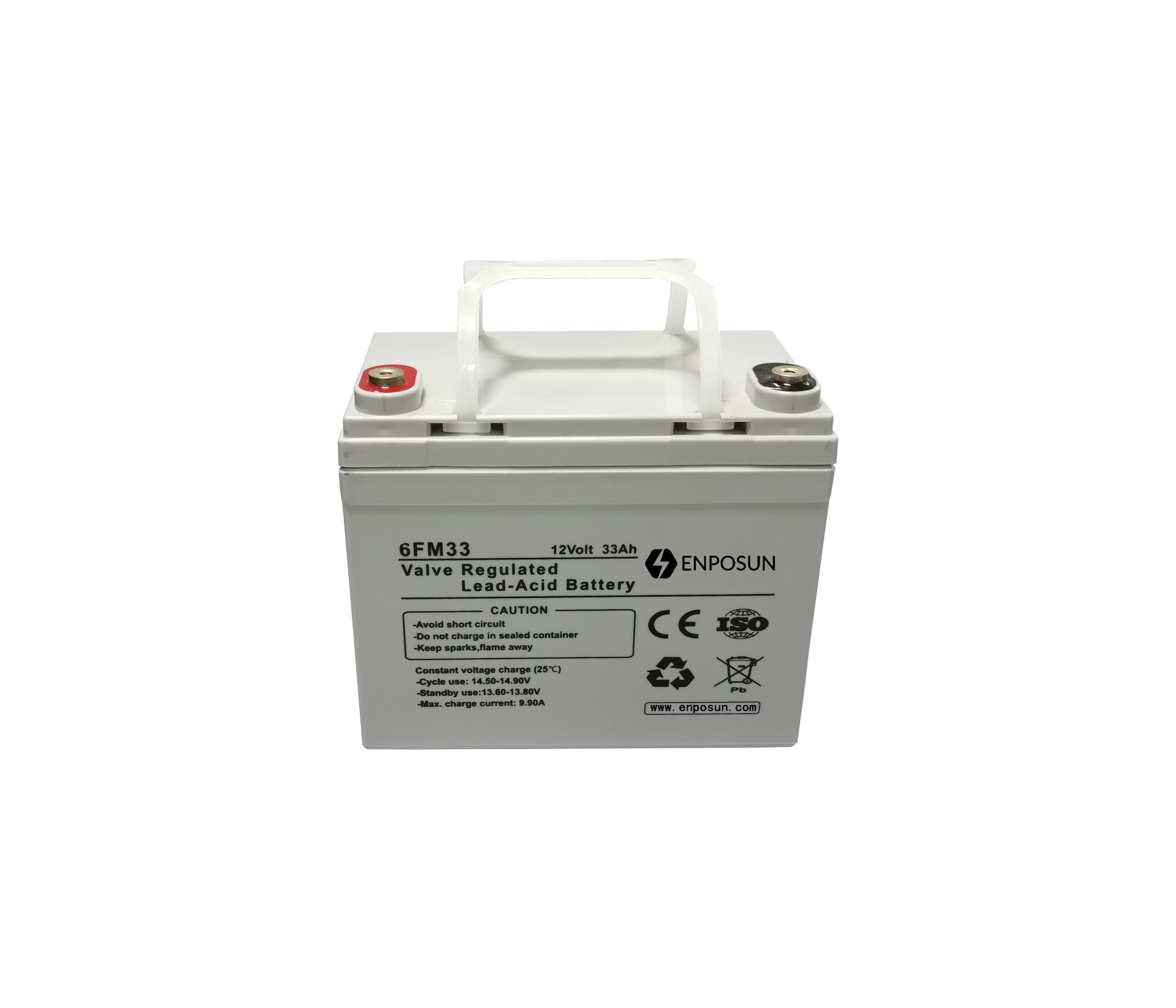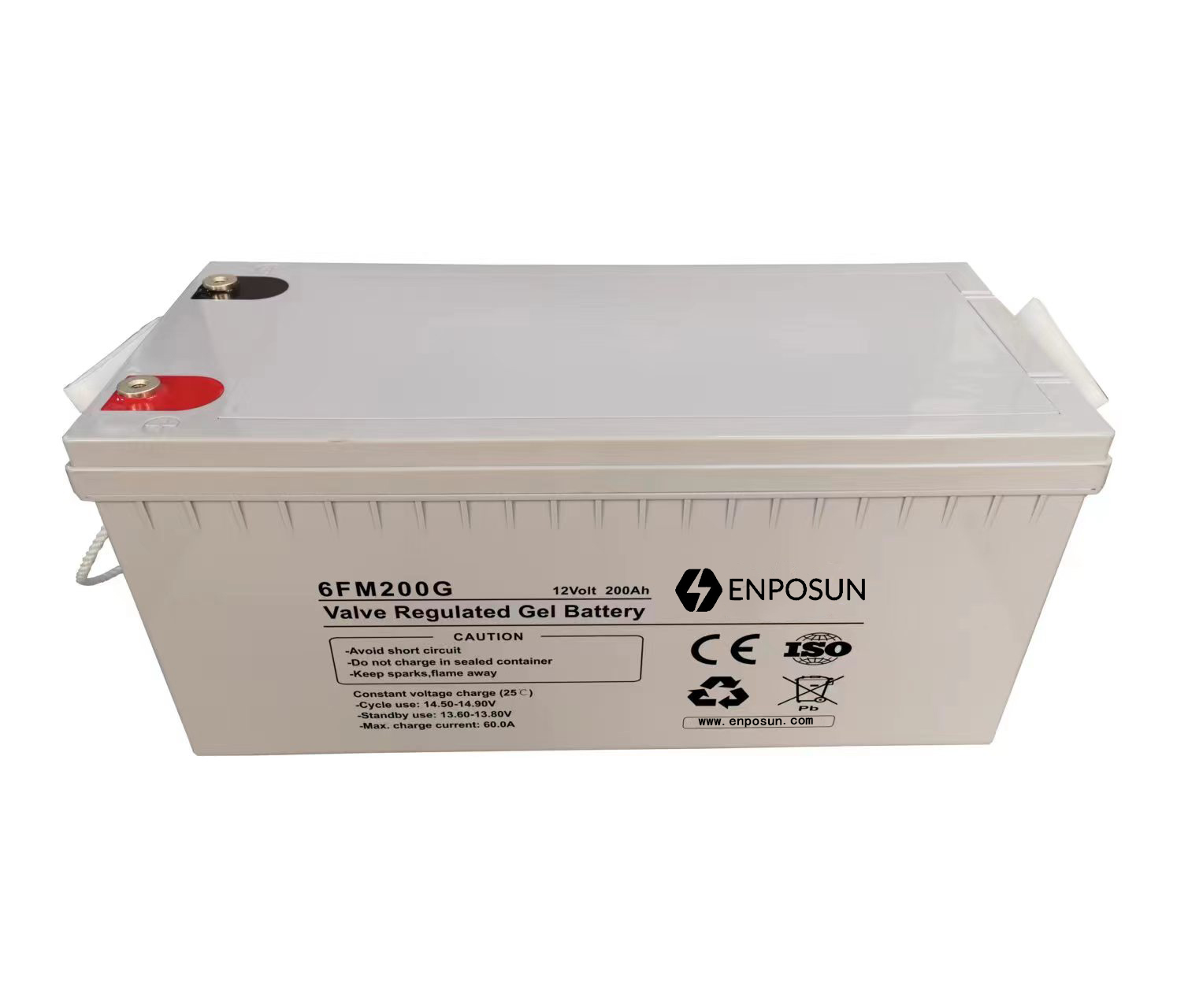Choosing between an off-grid and on-grid solar system depends on various factors including your location, energy needs, budget, and personal preferences. Here’s a comparison to help you decide:
Location:
Off-grid: Off-grid systems are suitable for remote locations where grid connection is either unavailable or prohibitively expensive. If you live in a rural area far from the electricity grid or in a place where power outages are frequent, an off-grid system might be the only feasible option.
On-grid: On-grid systems are appropriate for areas with reliable grid infrastructure. If you have access to the grid and want to take advantage of net metering or sell excess electricity back to the grid, an on-grid system is a suitable choice.
Energy Needs:
Off-grid: Off-grid systems require careful sizing to meet your energy needs, especially during periods of low solar generation. You’ll need to calculate your electricity consumption and choose a system size and battery capacity accordingly.
On-grid: On-grid systems can be sized to meet your energy needs without the need for battery storage. You can rely on the grid for backup power and energy storage, which may be more convenient for some users.

Budget:
Off-grid: Off-grid systems tend to be more expensive upfront due to the need for battery storage. You’ll need to factor in the cost of solar panels, batteries, inverters, and other components.
On-grid: On-grid systems are generally less expensive upfront since they don’t require battery storage. You’ll only need to invest in solar panels, inverters, and other components necessary for grid connection.
Reliability:
Off-grid: Off-grid systems provide energy independence and reliability, especially in areas prone to power outages. You won’t be affected by grid failures or fluctuations in electricity prices.
On-grid: On-grid systems rely on the stability and reliability of the grid. While grid-connected systems are typically more reliable, they are vulnerable to grid outages and fluctuations in electricity prices.
Environmental Impact:
Off-grid: Off-grid systems offer environmental benefits by reducing reliance on fossil fuels and diesel generators in remote areas. They help reduce greenhouse gas emissions and promote sustainability.
On-grid: On-grid systems also contribute to reducing greenhouse gas emissions by generating clean, renewable energy. They allow you to offset your carbon footprint and contribute to a more sustainable energy future.

Ultimately, the choice between an off-grid and on-grid solar system depends on your specific circumstances, priorities, and objectives. It’s essential to carefully evaluate your energy needs, budget, and the available resources before making a decision. Consulting with a reputable solar installer or energy expert can also help you assess your options and choose the system that best fits your requirements.
